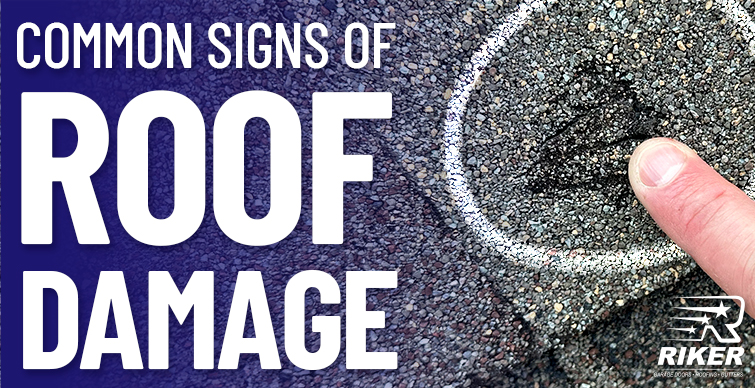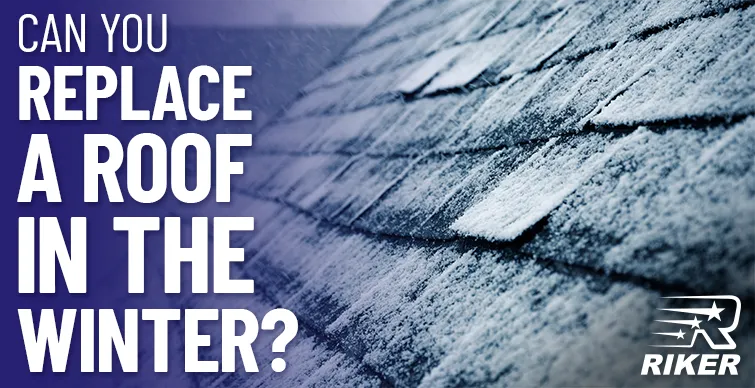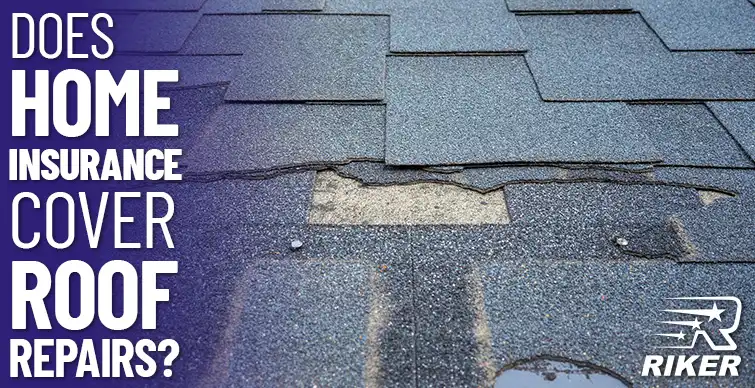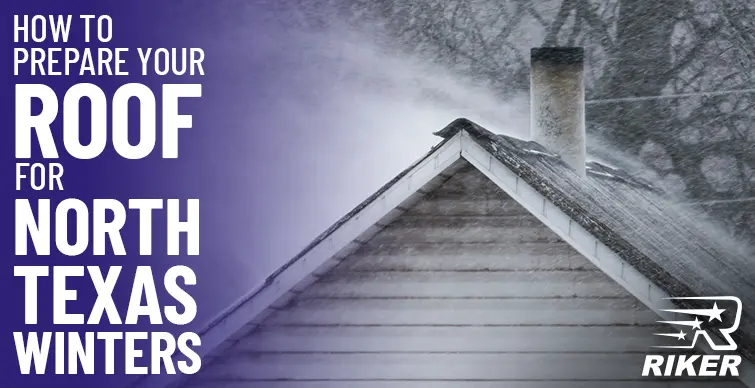
Living in North Texas, particularly in areas like Plano, TX, means you’re no stranger to severe weather conditions. From severe hailstorms to heavy rain, high winds, and scorching summer heat, your roof takes quite a beating. Over time, the roof suffers wear and tear, cracks, and other minor issues. Moreover, these minor damages may eventually lead to more extensive damages and costly repairs. Unfortunately, many homeowners in North Texas are unaware – or they usually ignore – these signs of roof damage.
Furthermore, roof damage isn’t just an aesthetic issue; it can lead to serious structural problems, water damage, and even health hazards like mold. Unfortunately, ignoring these signs can turn a small repair into a costly and devastating nightmare. In this article, we will discuss some common signs of roof damage, the possible causes, and what you should do when you notice damage to your roof.
Common Signs of Roof Damage in North Texas
Being able to identify the telltale signs of roof damage early is crucial before the extreme weather conditions in North Texas wreak havoc on your home’s roof. Here are some common indicators that your roof might need attention:
Missing or Damaged Shingles
North Texas is notorious for its severe hailstorms and windstorms, which can easily damage shingles. After a strong storm in the Dallas-Fort Worth (DFW) area, you might notice cracked, curled, or even missing shingles. These are clear signs that your roof has taken hail damage and needs repair.
Water Stains on Ceilings or Walls
Periods of heavy rain in Plano and the DFW area can expose leaks in your roof, especially if your gutters are clogged or your shingles are damaged. Heavy downpours and flash floods are quite common in the spring, and they can lead to water stains on your ceilings or walls. This indicates a roof leak, and you need to act quickly.
Granules in Gutters
Hail impacts often cause asphalt shingles to shed their granules. If you notice a buildup of granules in your gutters, it’s a sign that your shingles are deteriorating and may need to be replaced. This granule loss can accelerate the aging of your roof and reduce its lifespan. Ignoring this sign can lead to more extensive damage and expensive repairs down the line.
Sagging Roof Deck
While Texas doesn’t get much snow, ice storms can add significant weight to your roof, leading to a sagging roof deck. This is a serious issue that requires immediate attention to prevent further structural damage. A sagging roof deck can also indicate underlying issues with the support structure of your home’s roof. Addressing it promptly can save you from more extensive and costly repairs in the future.
Flashing Damage
High winds in the DFW area are notorious for damaging roof flashing. Damaged flashing can lead to water infiltration and leaks, thereby compromising the integrity of your roof. This can result in water damage to your home’s interior, including walls and ceilings. Regular inspections and timely repairs of flashing can help maintain your roof’s durability.
Causes of Roof Damage in North Texas
North Texas homeowners face a unique set of challenges when it comes to maintaining their roofs. Some common causes of roof damage in the area include:
Extreme Weather Conditions: Hail, Wind, and Heat
North Texas is no stranger to intense hailstorms, tornadoes, and severe thunderstorms, all of which add to significant roof damage. The Texas heat also wears down roofing materials like asphalt shingles, thereby making them more prone to cracks and blistering. These extreme weather conditions can shorten the lifespan of your roof and lead to frequent repairs.
Lack of Maintenance after Storms
DFW homeowners should make professional roof inspections a priority after storms, as hidden damage can worsen with time. Regular roof inspections can catch minor issues before they become major problems. You can read more about the importance of regular roof inspections
Poorly Installed Roofs Prone to Texas Weather
Improper installation is a risk everywhere, but in North Texas, roofs must withstand extreme conditions. Poor installation can aggravate issues when facing harsh weather conditions. This can easily lead to leaks and structural damage. For tips on ensuring your roof is properly installed, check out this guide.
Read more: Things To ask Your Roof Contractor
Age of the Roof
The average lifespan of a roof is between 20 to 35 years, depending on the material. As roofs age, they become more susceptible to damage from the weather elements. Older roofs may not hold up as well against North Texas’ extreme weather, making timely replacement crucial. You can learn more about the lifespan of different roofing materials here.
Regional Pests
Regional pests like squirrels or raccoons, common in the Dallas-Fort Worth suburbs, can damage roofs while seeking shelter. These pests can chew through roofing materials, leading to leaks and other issues. Regular inspections and immediate roof repairs can help identify and mitigate pest-related damage.
What To Do When You Spot Roof Damage
Storms in Plano can cause hidden damage that might not be immediately visible. It’s crucial to take action as soon as you spot any issues to prevent further complications. Ignoring roof damage can lead to more extensive and costly repairs down the line.
Addressing the signs of roof damage promptly is crucial for your home’s safety and your peace of mind. For residents in Plano, Riker Home Services offers excellent and reliable roof repair services that focus on storm damage. Our years of extensive experience and expertise ensure that we are able to identify hidden damages and address them promptly. This way, we can help keep your home safe and secure.
In addition, hail damage insurance claims are quite common in North Texas. Navigating the claims process can be daunting. However, working with a reputable local roofer like Riker Home Services can make it much easier. Our trusted experts can help you understand the extent of the storm damage and assist you in filing your claim.
Frequently Asked Questions about Roof Damage
How can I tell if my roof needs repair?
To know if your roof needs repair, look out for common signs of roof damage such as missing or damaged shingles, water stains on ceilings or walls, granules in gutters, a sagging roof deck, and flashing damage. These indicators suggest that your roof has been compromised and needs immediate attention.
How often should I have my roof inspected in North Texas?
It’s often recommended to have your roof inspected twice a year or after a major storm. Riker Home Services offers free roof and drone roof inspections to help you detect any potential issues.
Is roof damage covered by homeowner’s insurance?
Typically, homeowner’s insurance covers roof damage caused by unforeseen events like storms and hail. However, coverage can vary, so it’s essential to check your specific policy details. Also, you can consult with your insurance provider to know what is covered or not.
What should I do after a hailstorm in North Texas?
After a hailstorm, you should contact a local roofer for a thorough roof inspection. Hail damage can lead to more serious issues if left unchecked, so it’s crucial to address any damage promptly.
Can Texas heat damage my roof?
Yes, the intense heat in Texas can be quite extreme, especially during the summer months. July is usually the hottest month, and average temperatures can reach around 95°F (35°C). In extreme cases, the temperature can soar above 100°F (38°C) or even hit 104°F (40°C) on particularly hot days. This intense heat can cause shingles to warp, crack, and deteriorate faster than in cooler climates. Regular inspections and maintenance can help mitigate the effects of the heat on your roof.


